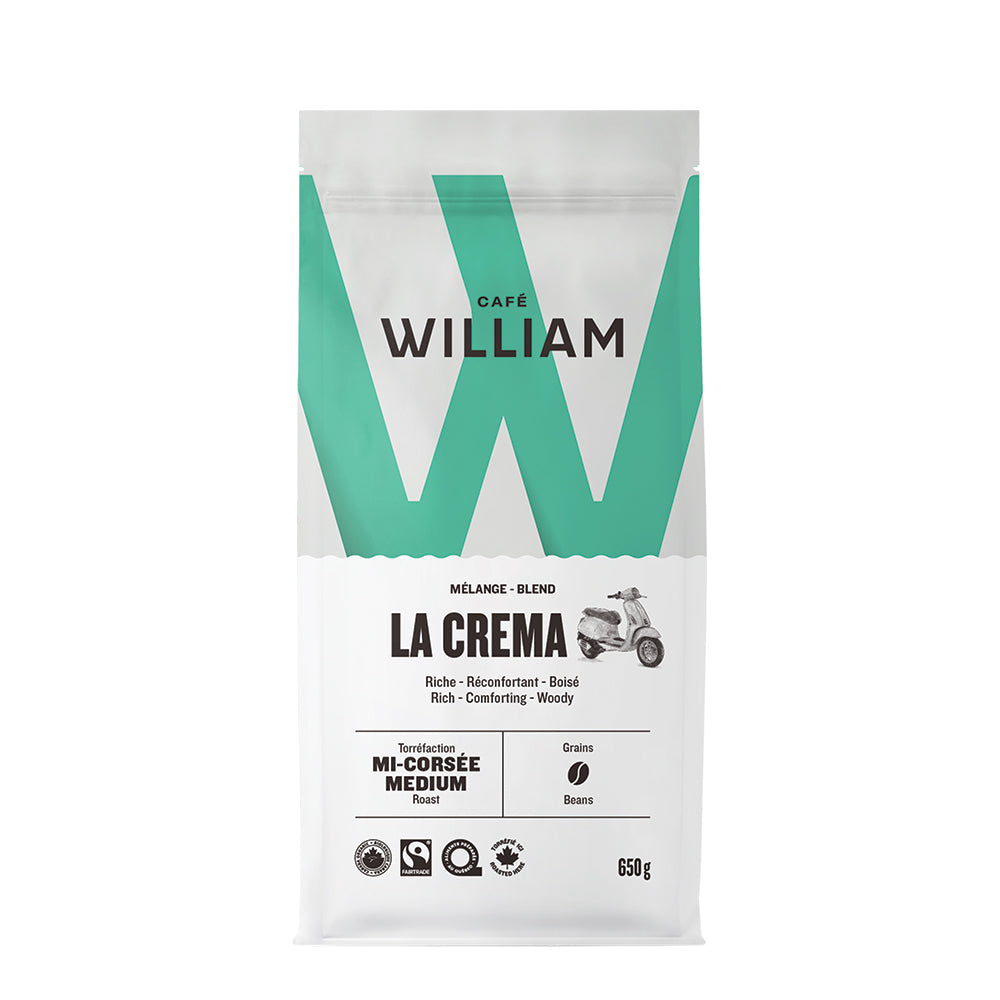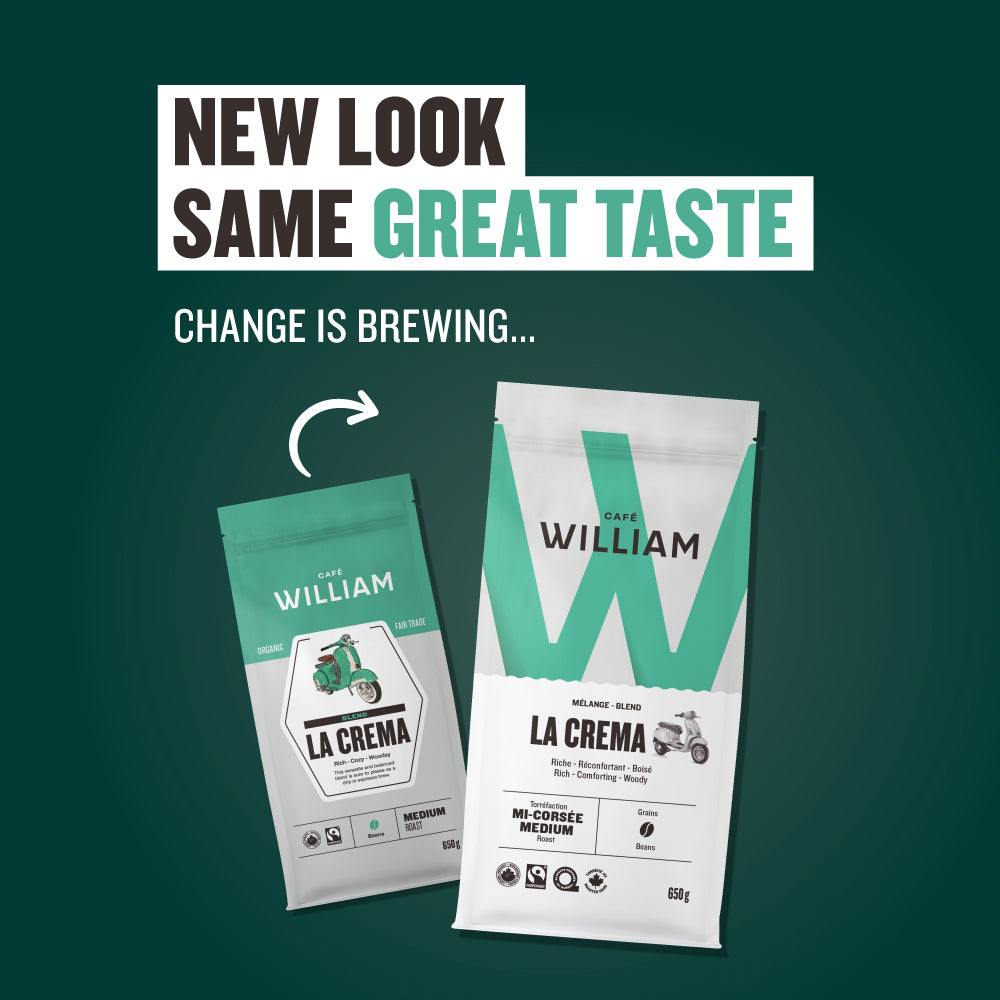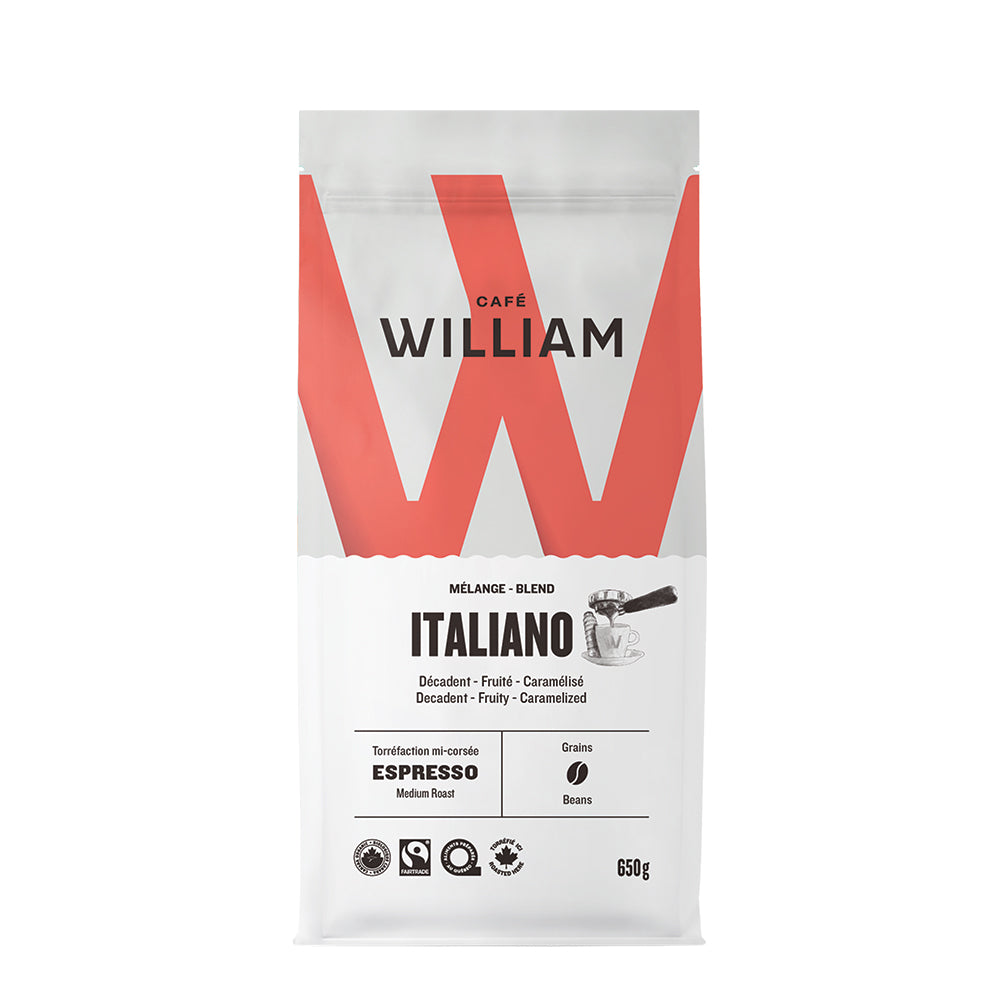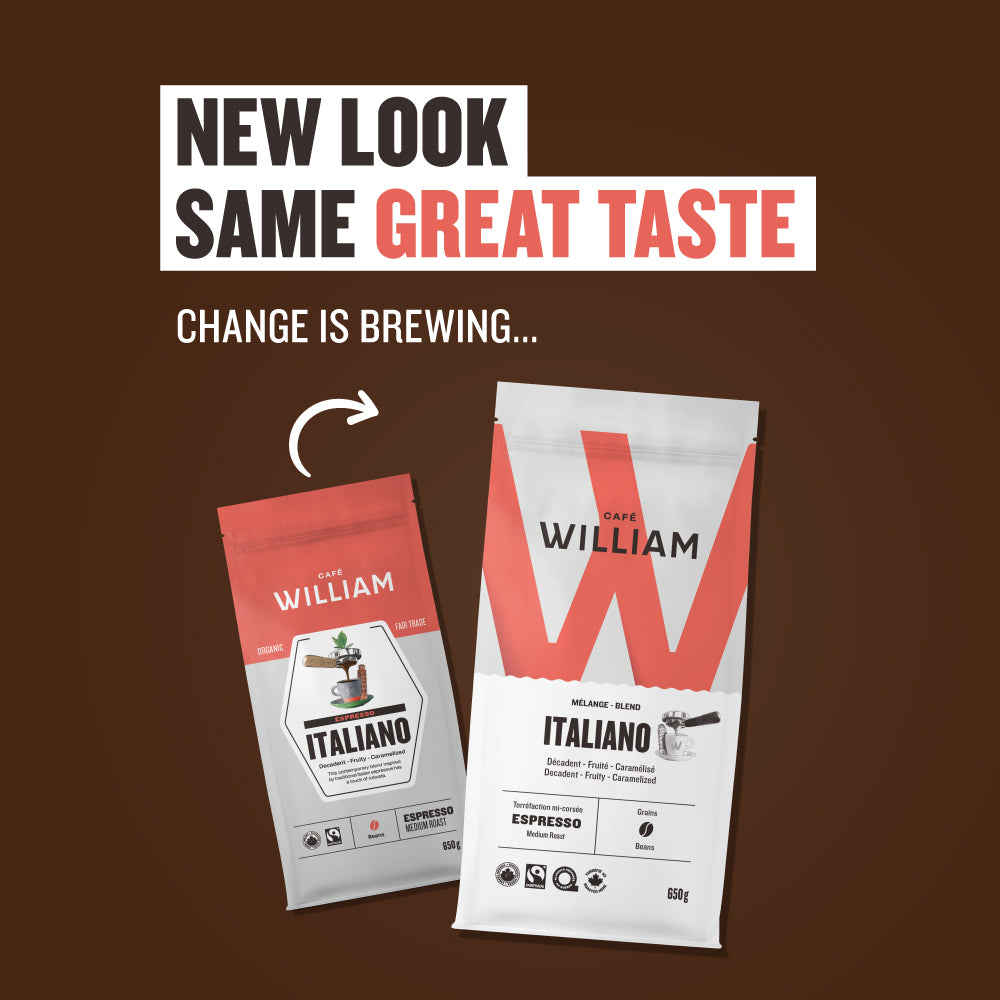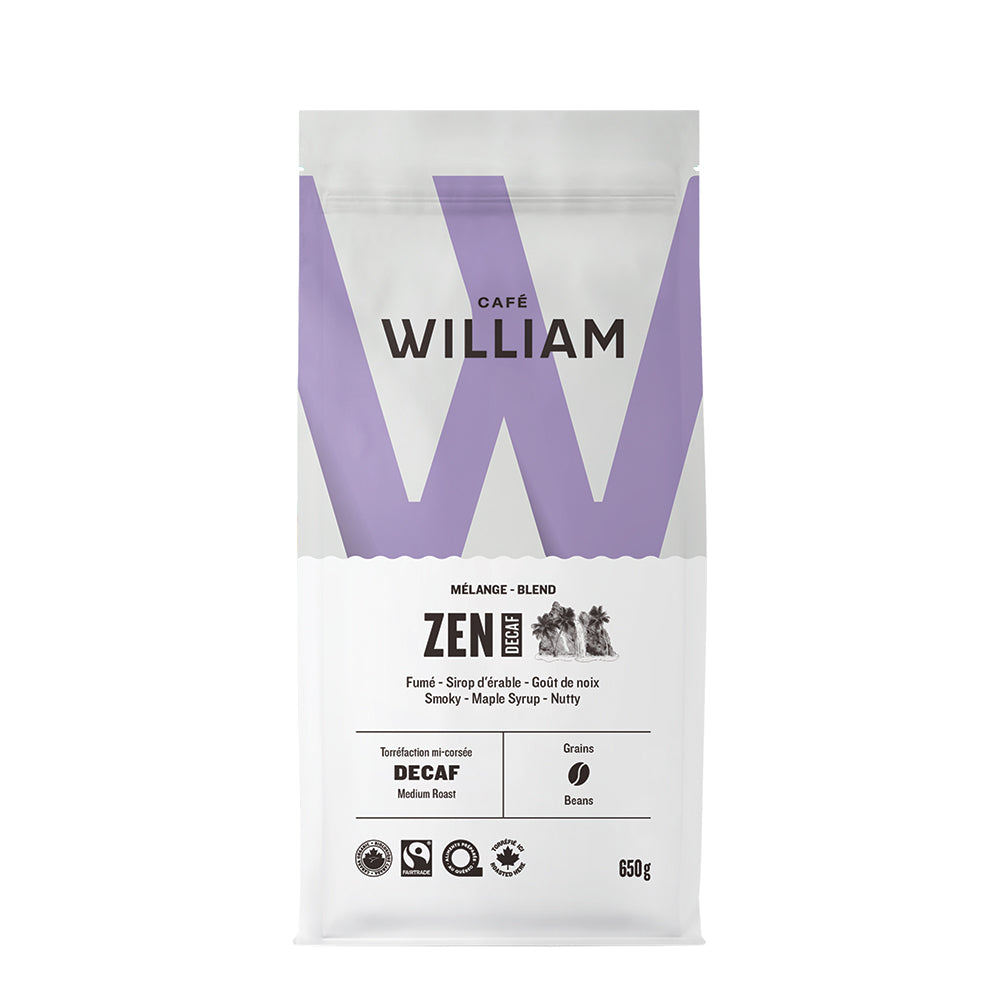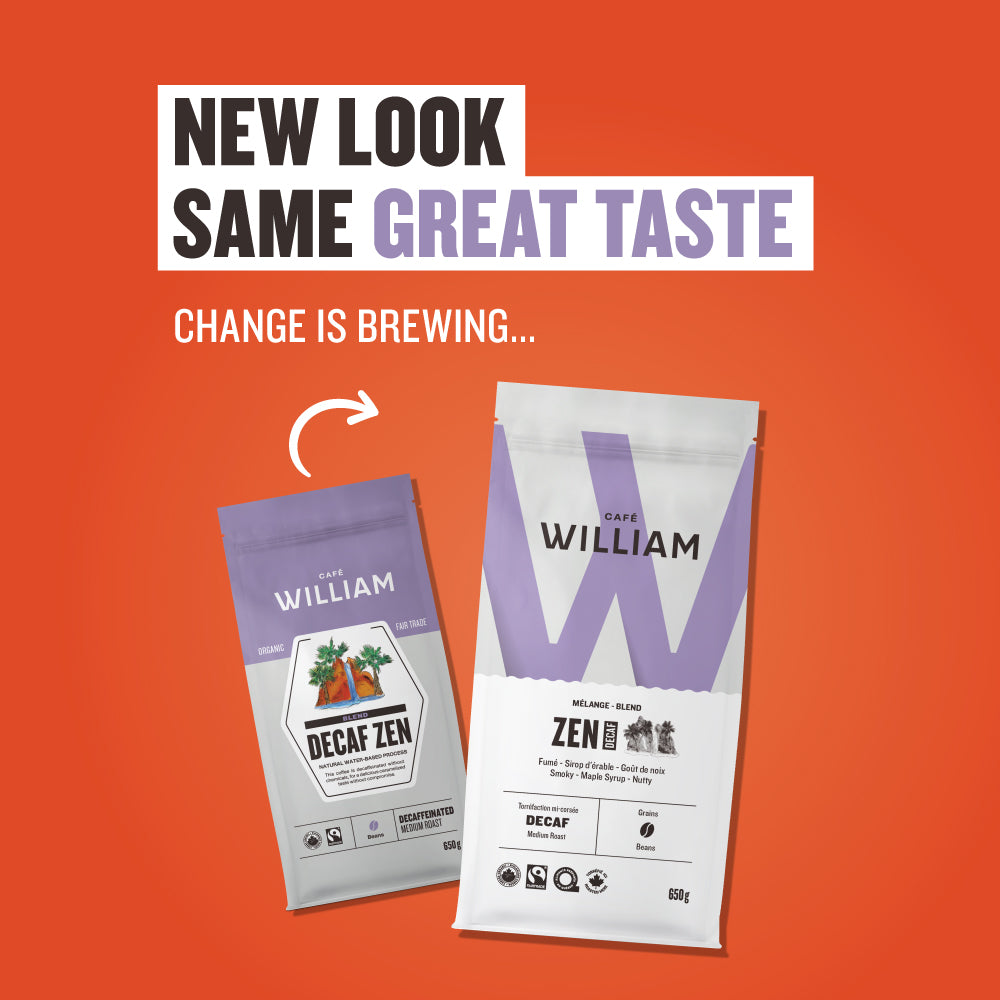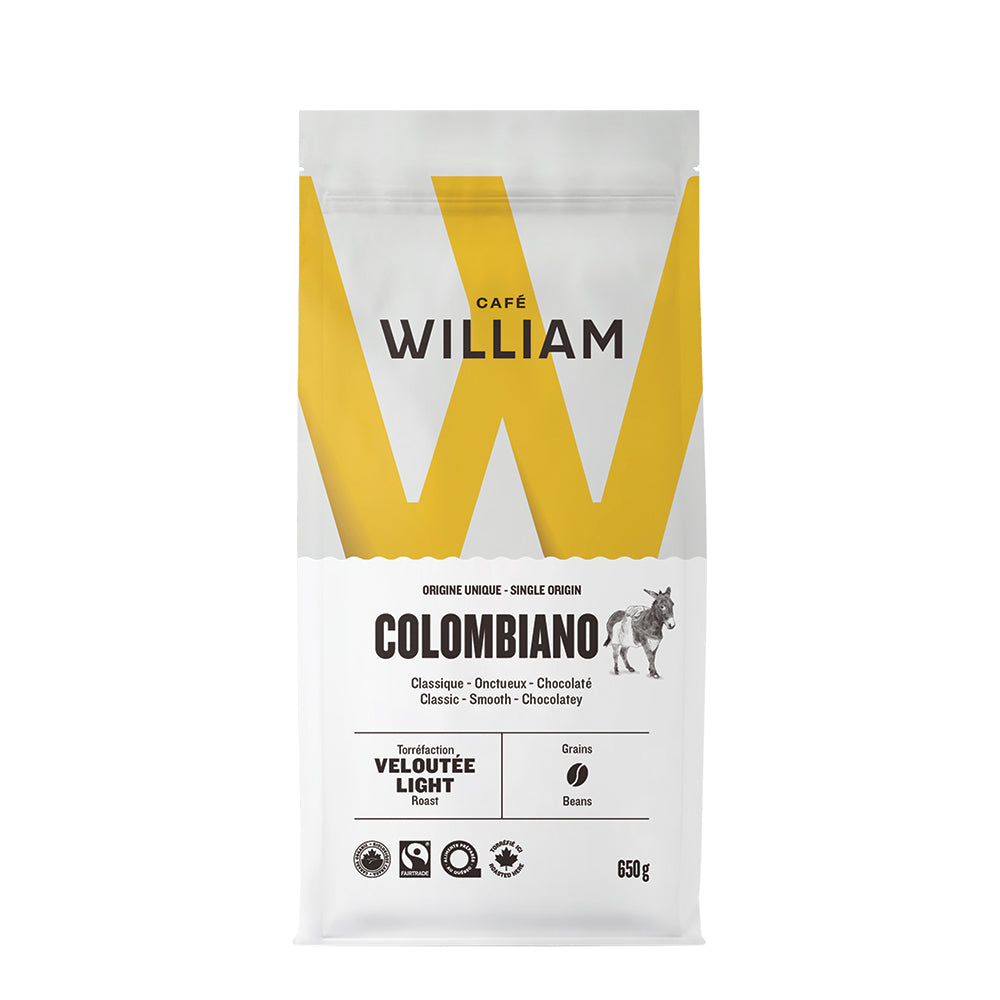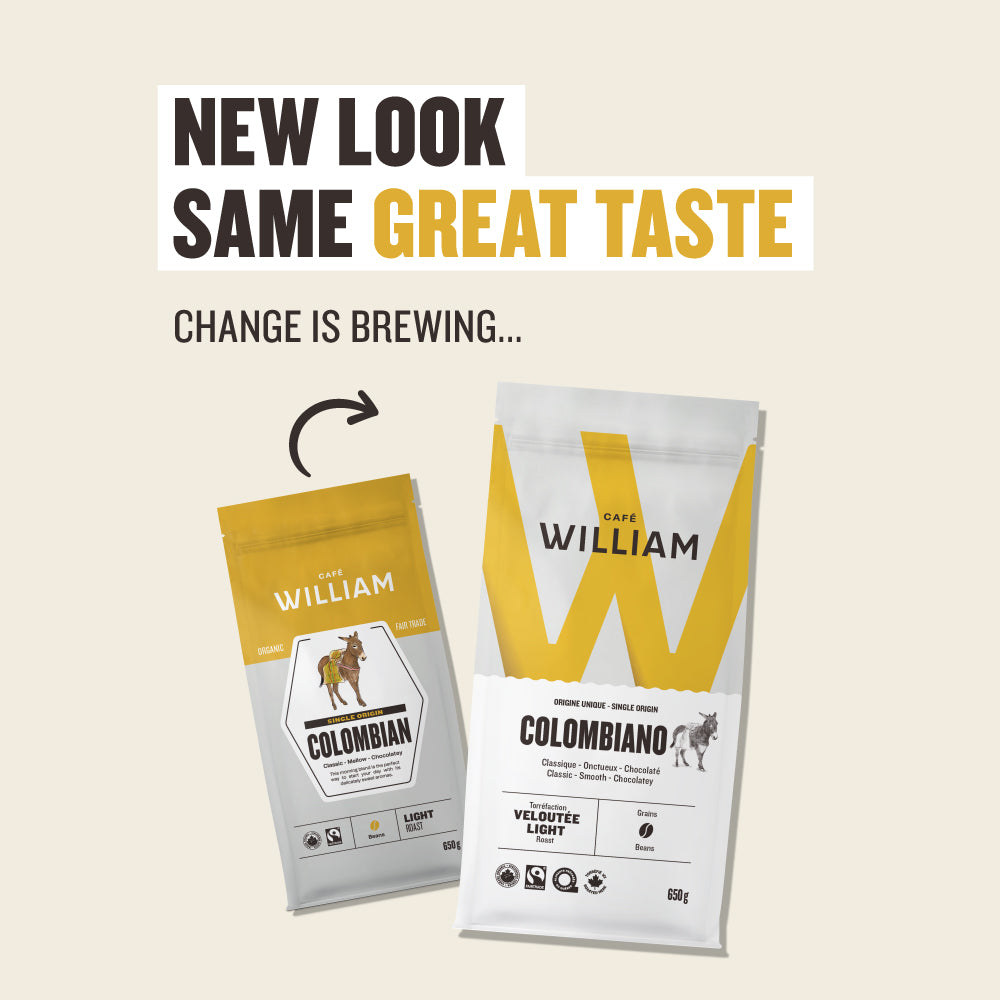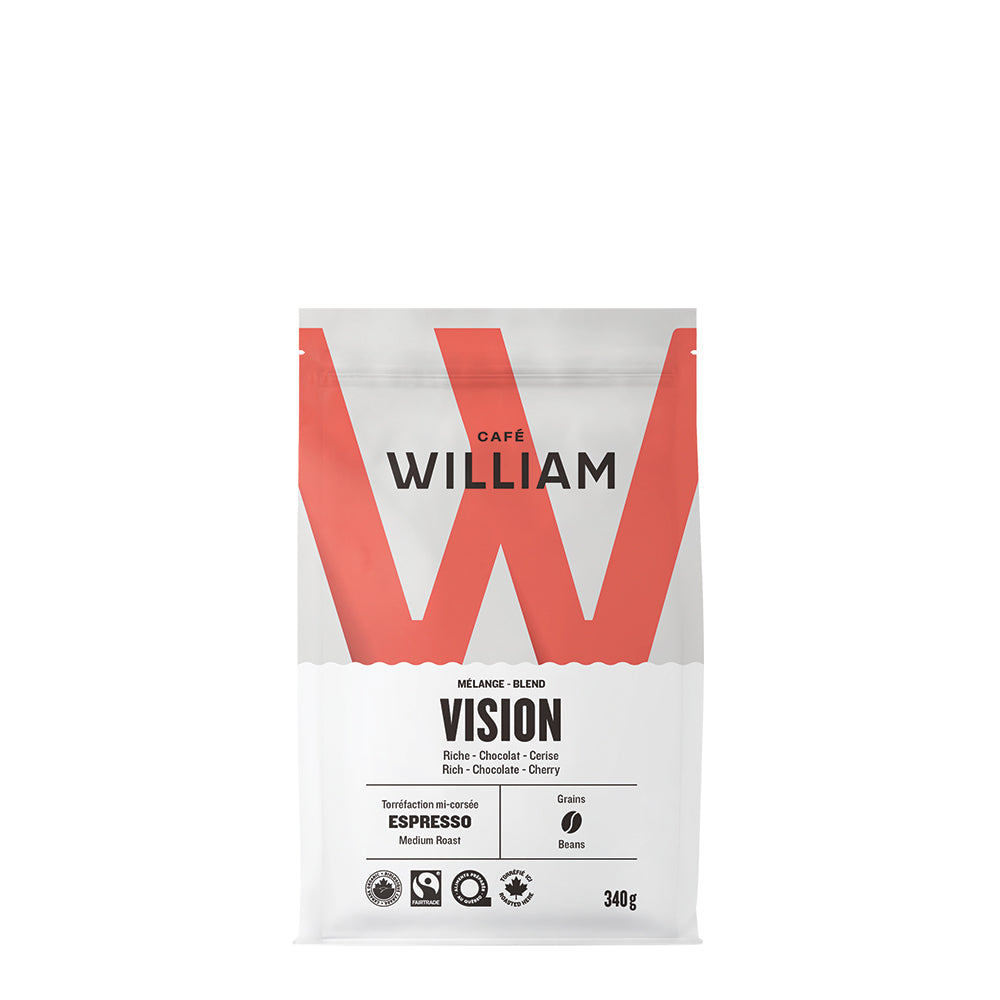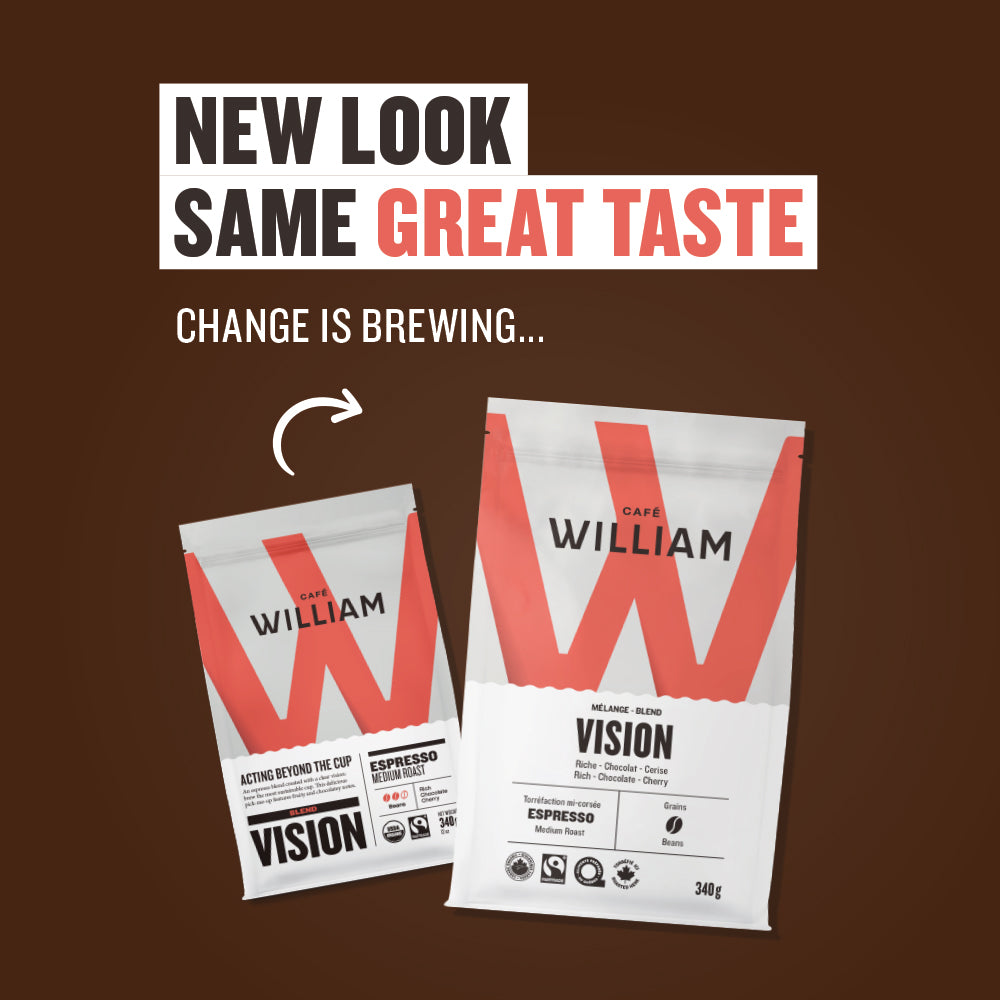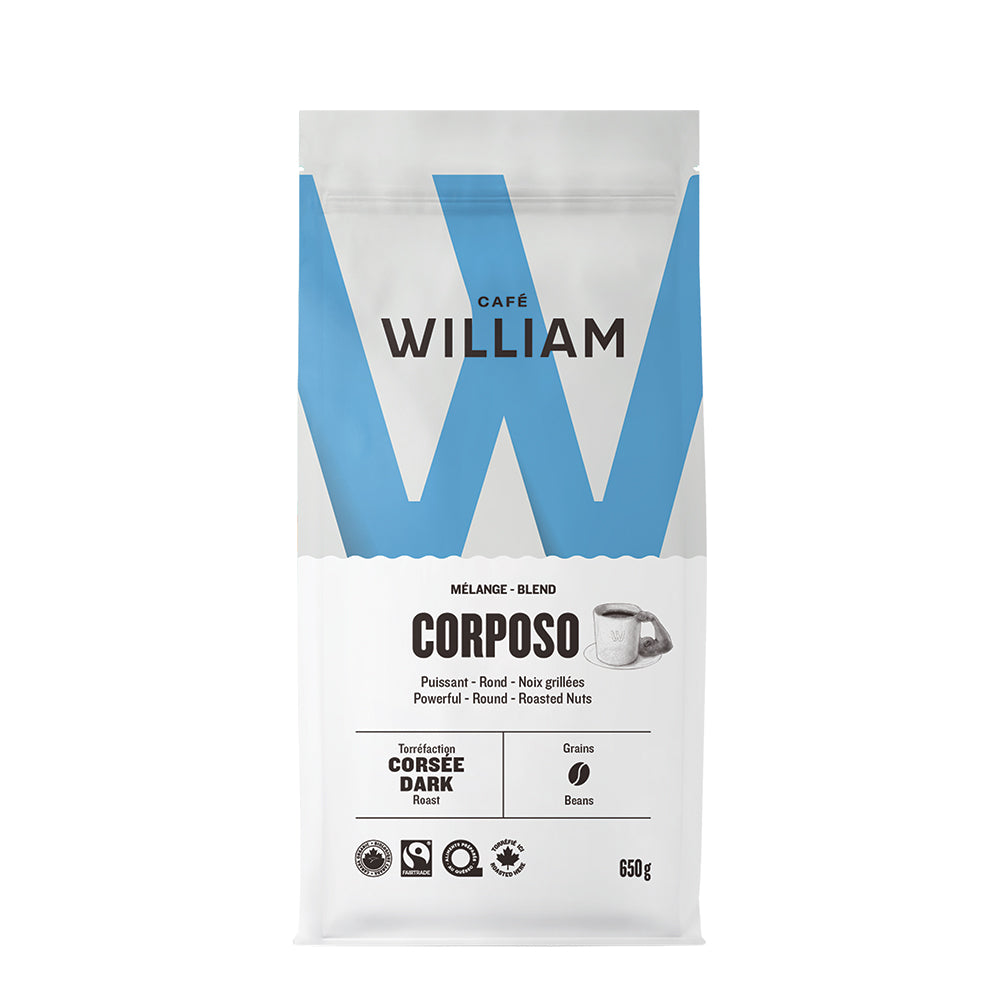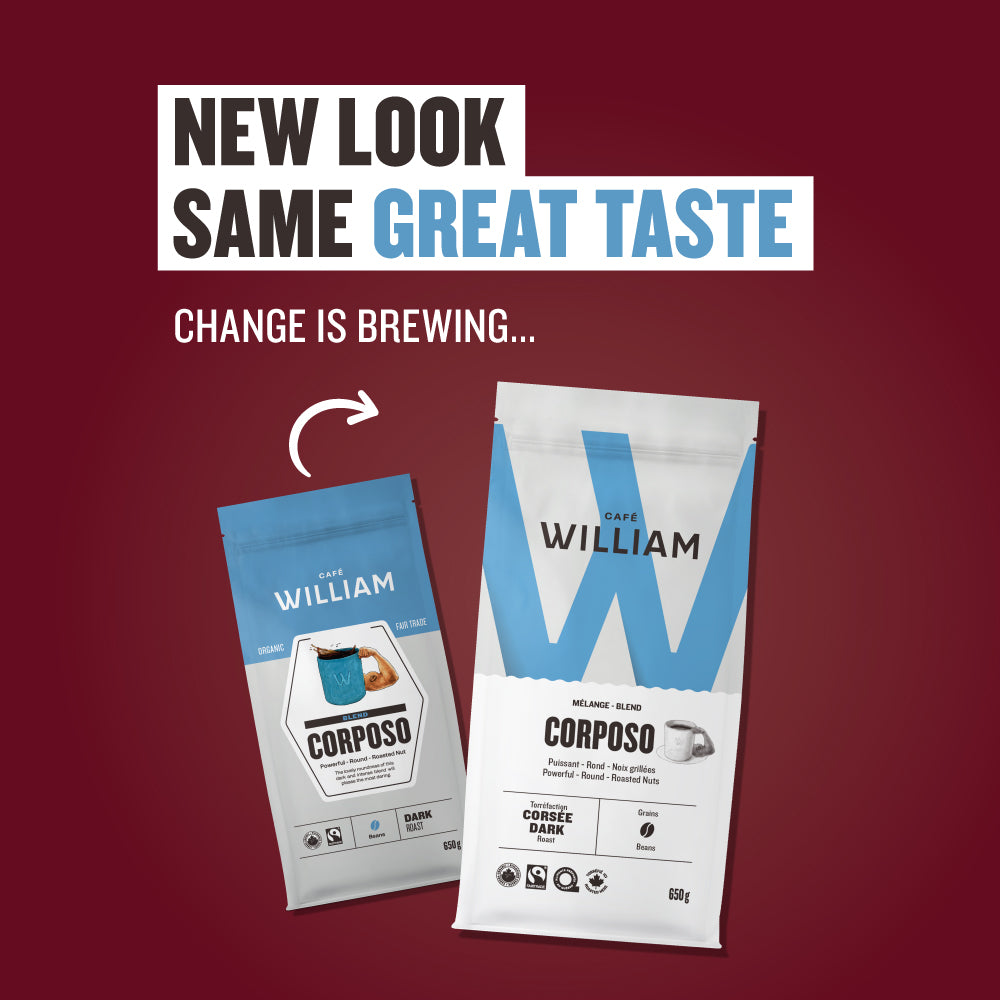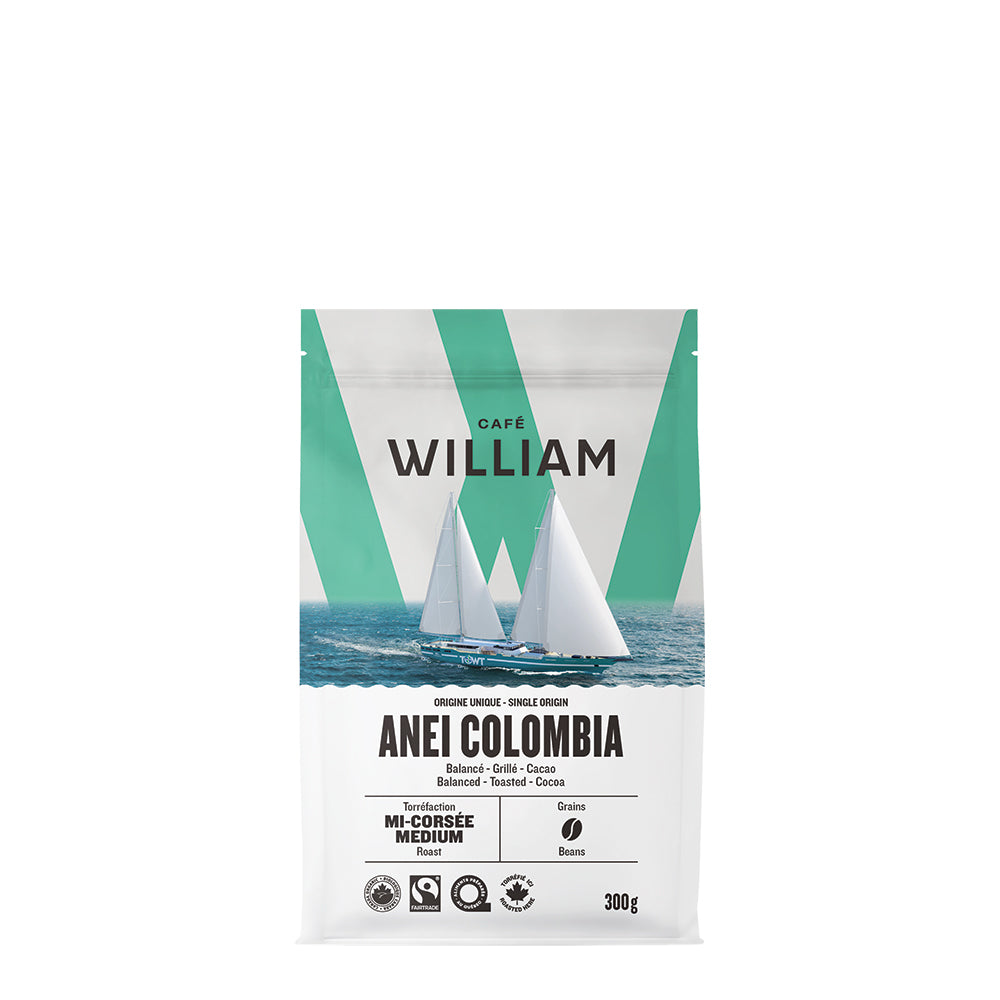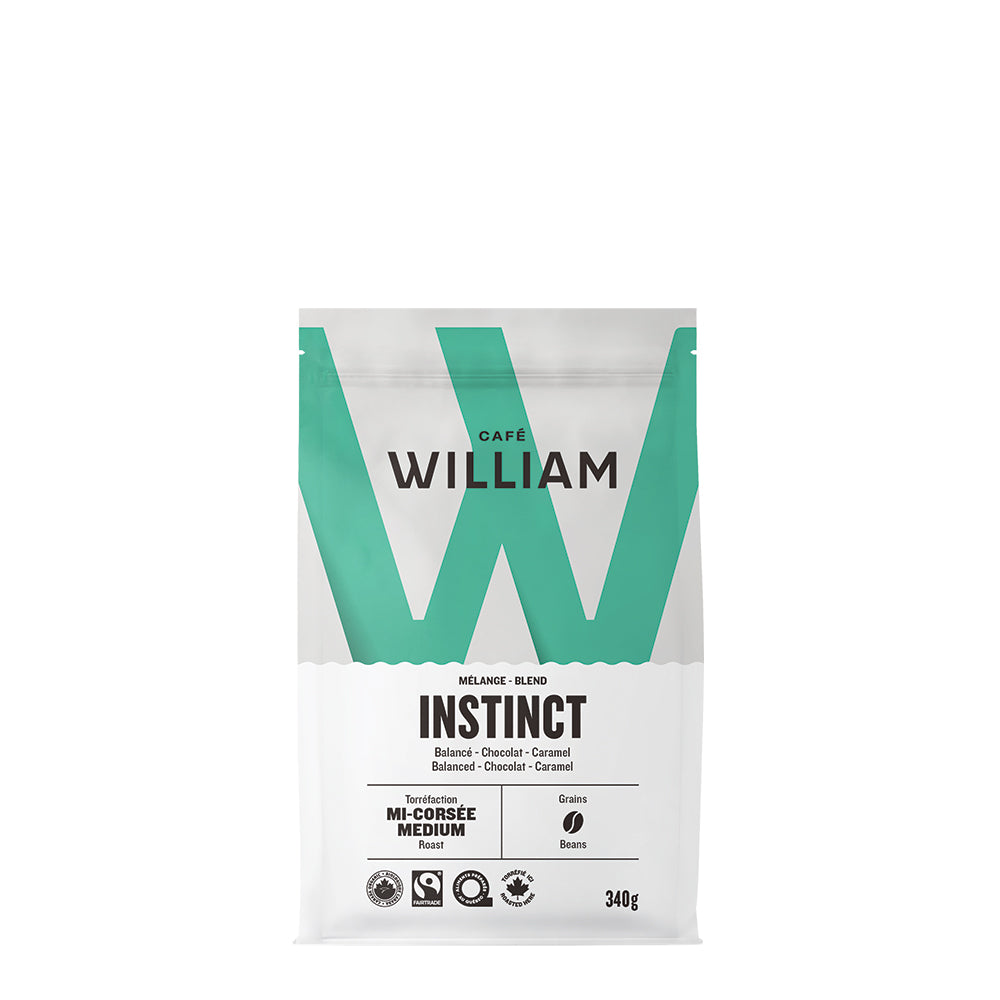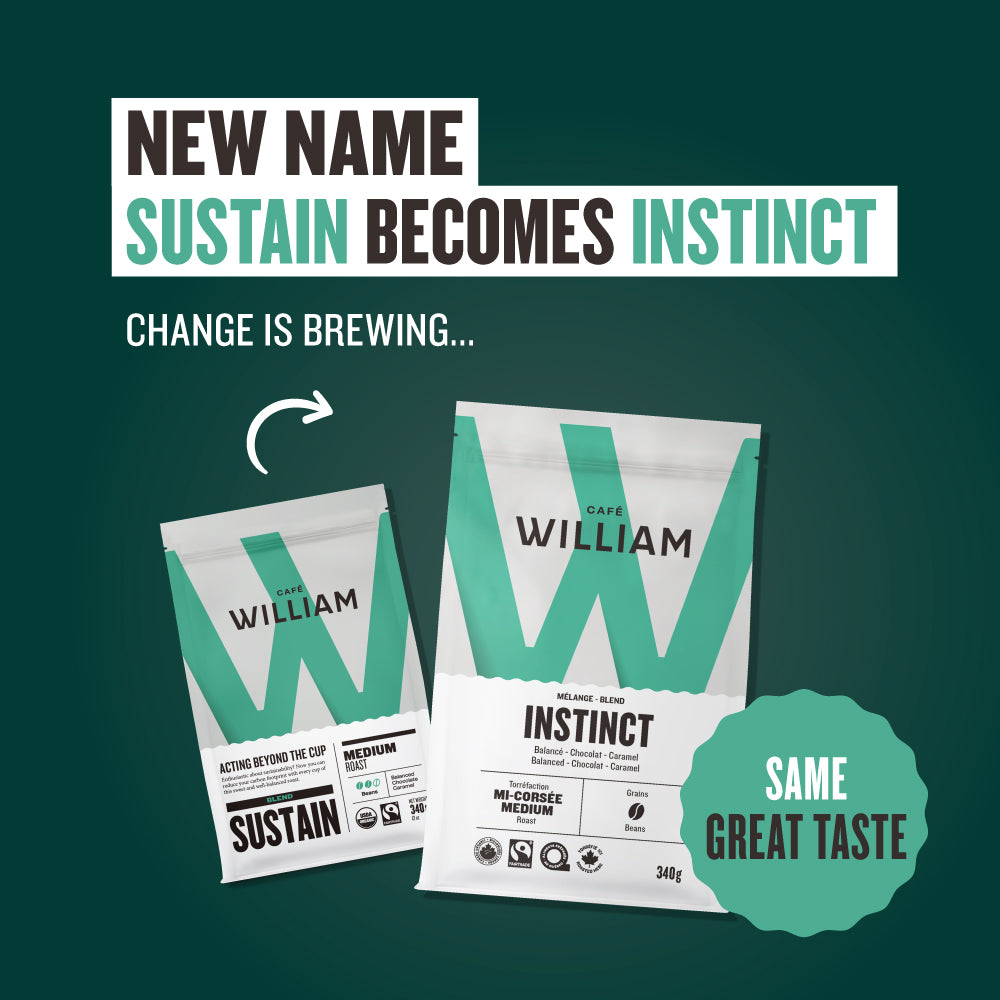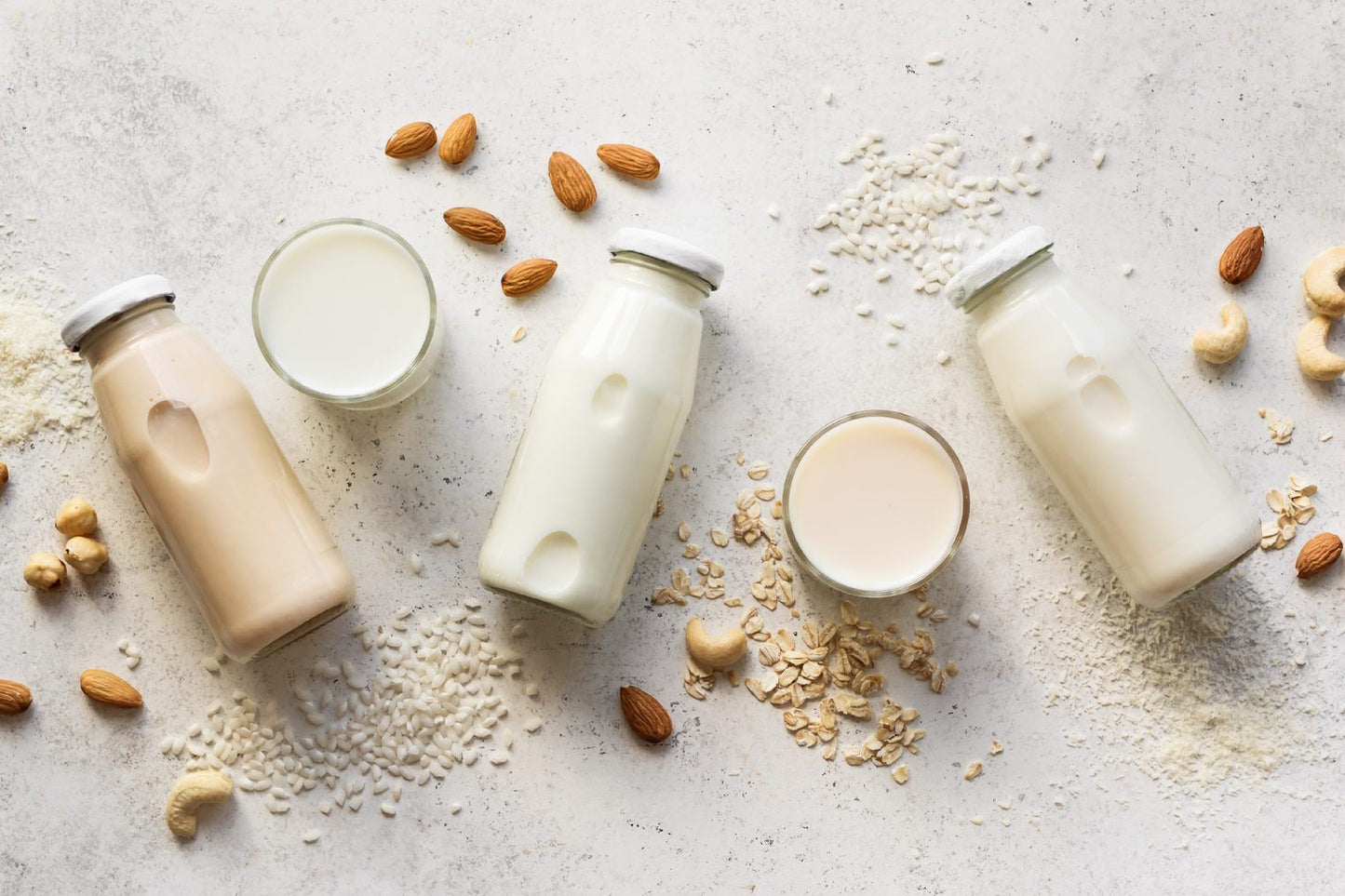
For most people, milk is an integral part of good coffee. However, in recent years, a host of alternatives to cow's milk have appeared on the market. Almost too many to count!
In this blog, we will explain this new craze for plant-based milks and elaborate on the advantages and disadvantages of the different milks available on the market.
A transition to plant-based milk
In recent years, we have noticed a decrease in sales of cow's milk and a meteoric increase in sales of vegetable drinks. Several factors explain this phenomenon.
First of all, it is important to know that a large proportion of the population is intolerant to lactose, a sugar found in cow's milk. We now find lactose-free milk, but some still prefer to turn to plant-based milk. For some, it is simply curiosity and the desire to experiment with new flavors that prompts them to try milk alternatives.
Finally, more and more people are trying to reduce or eliminate animal products from their diet. There is indeed a significant rise in the vegan movement. This is partly because people are more aware of the environmental impact of their food. Considering that dairy-alternative milk has a much lower environmental impact than traditional milk, this option becomes very interesting. All of these factors have made these beverages really popular lately!
So many choices
Have you ever been to the grocery store in the milk aisle? Some are more well-known, such as soy milk, almond milk and coconut milk. However, in recent years, an abundance of other options have appeared on the market. Cashew, rice, hemp, quinoa, oats, macadamia nuts... to name a few. Easy to get lost, right?
To obtain a beautiful foam for your latte, the ideal is to buy the so-called «barista series» beverages, which have a more homogeneous texture and whose taste often goes better with coffee. If you opt for a regular drink, the result may not be optimal! The following is a non-exhaustive list of the main plant-based milks with their advantages, disadvantages and how well they pair with coffee.
Soy milk
✔ Closest to cow’s milk in terms of taste
✔ Low in fat and contains a lot of protein
✗ Often from a GMO culture
✗ May contain many additives and artificial ingredients - Makes a nice microfoam and several flavors available in barista formulas
Almond milk
✔ Low in fat
✔ High vitamin E content
✗ Low in protein
✗ Water and pesticide-intensive crops (Significant environmental impact) - Nice microfoam, but alternates a little the taste of coffee
Coconut milk
✔ Smooth and affordable
✗ Very fat and calorie - Beautiful microfoam
Oat milk
✔ High fibre, calcium and iron content
✔ Low fat and low calorie ✗ Contains a respectable protein content - Unctuous and only slightly alters the taste of coffee
Myriam’s choice
Myriam, Sustainability Project Coordinator here at Café William, is a big fan of plant-based drinks. For your coffee, she advises you to choose oat milk: it has a negligible impact on the environment and has interesting nutritional values.
What type of milk do you usually put in your coffee? Which one do you think has the best taste? Do not hesitate to experiment to make discoveries!
Do you want a pastry with your delicious latte? Here is our banana, chocolate and coffee bread recipe. Bon appétit!





